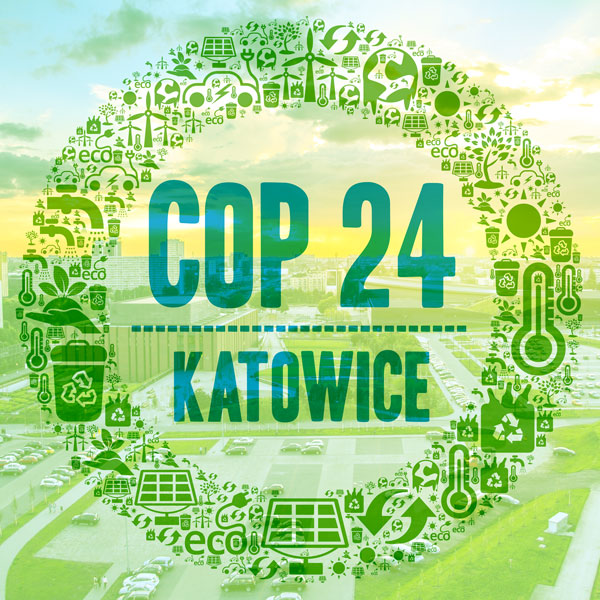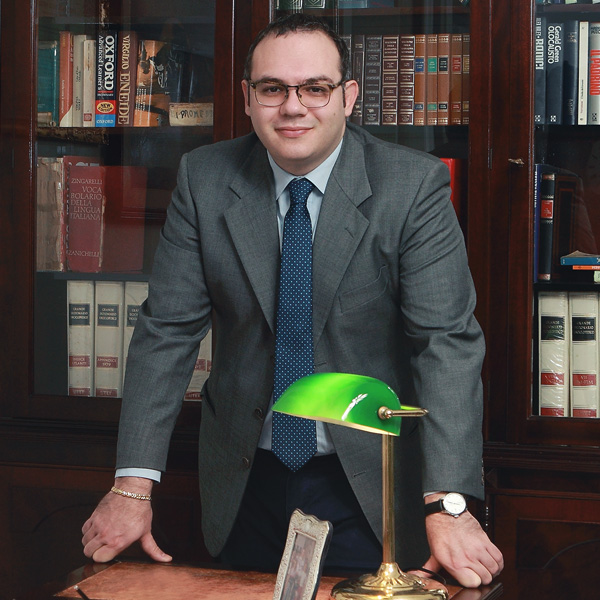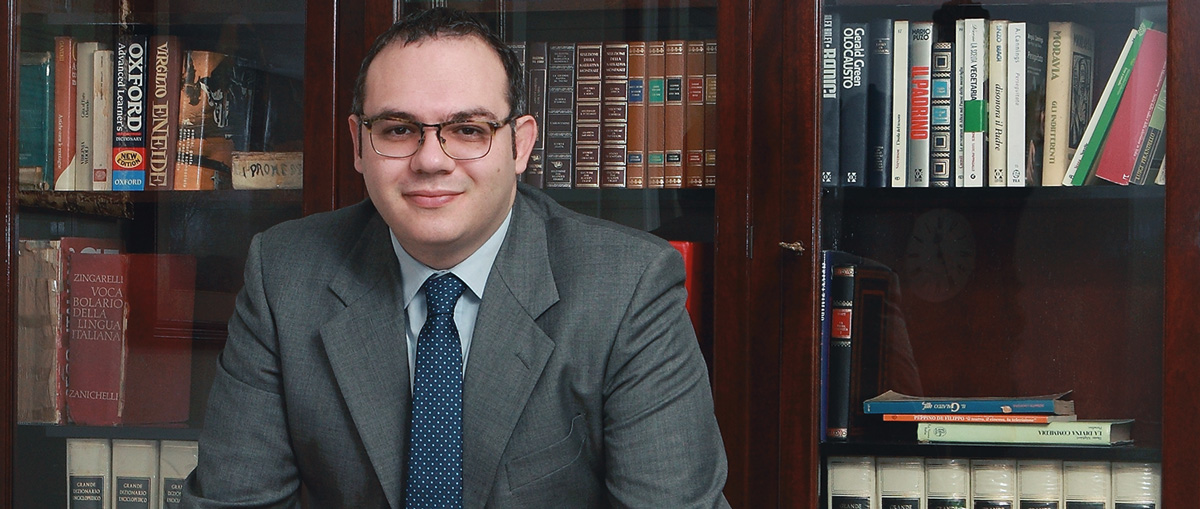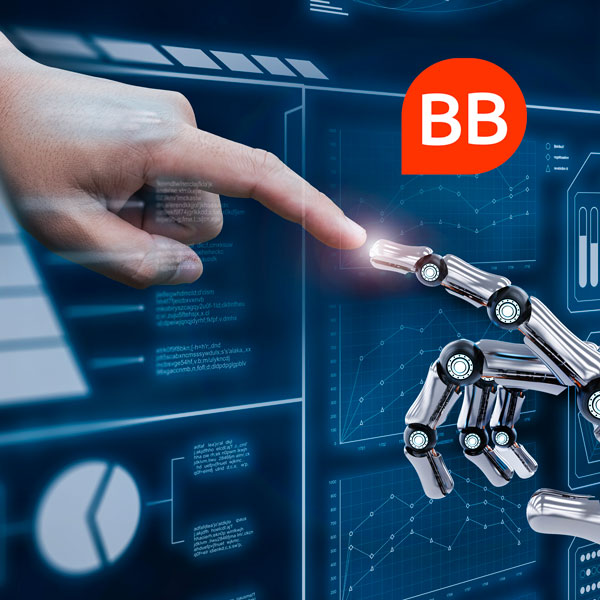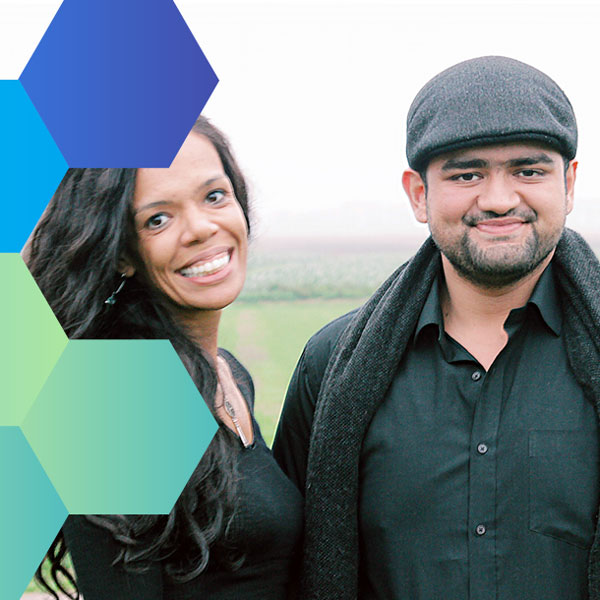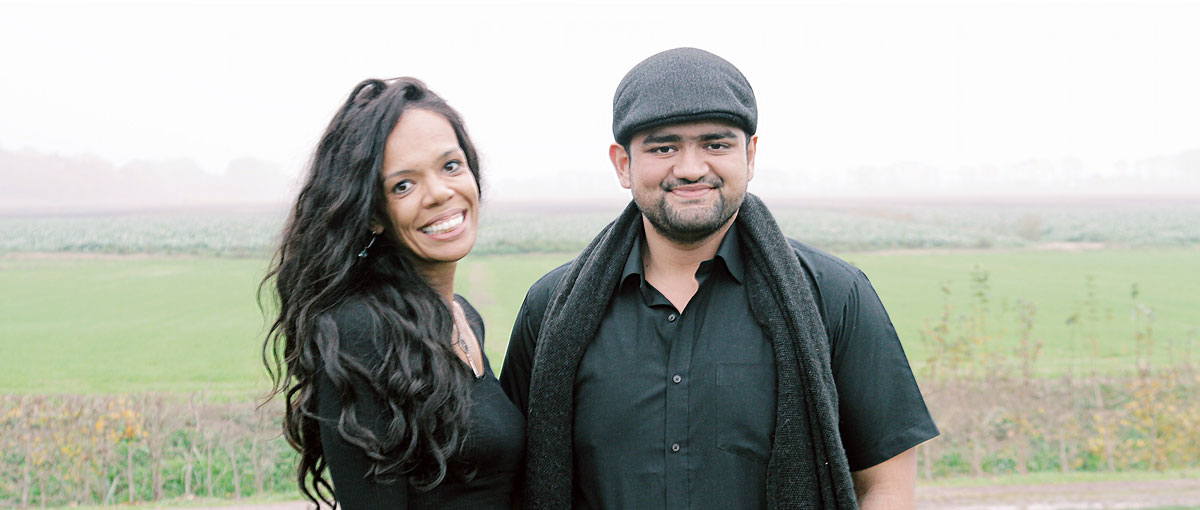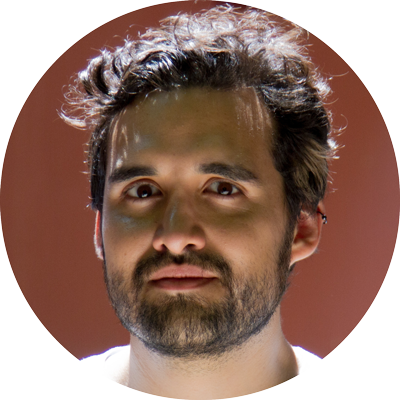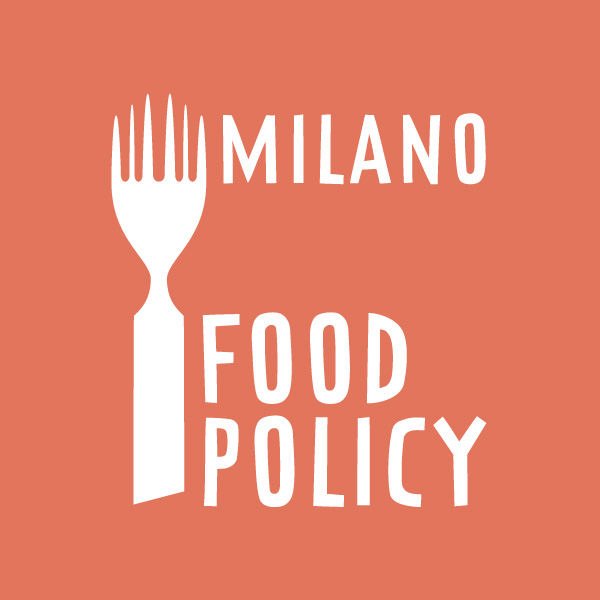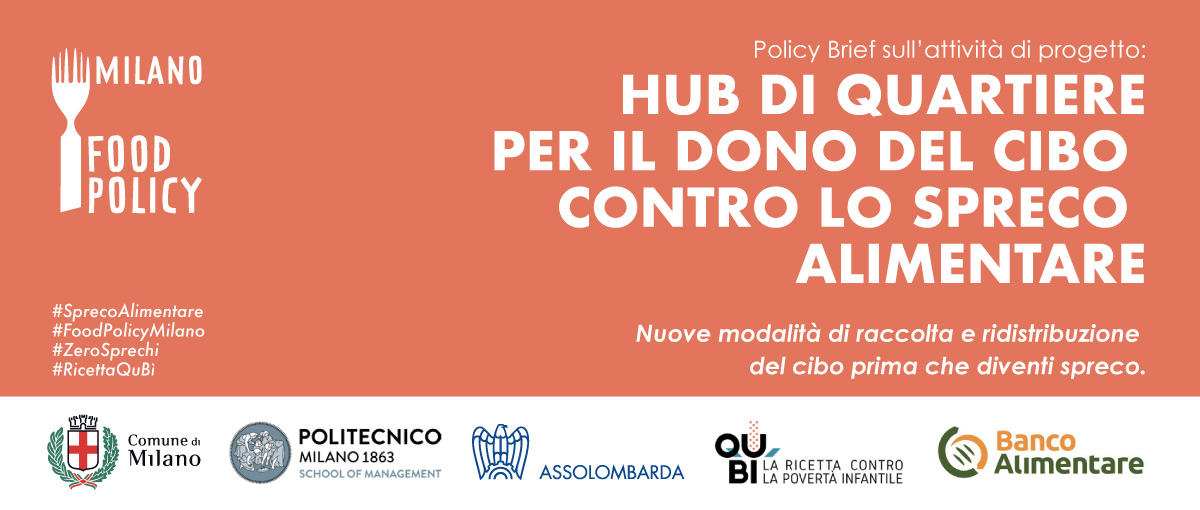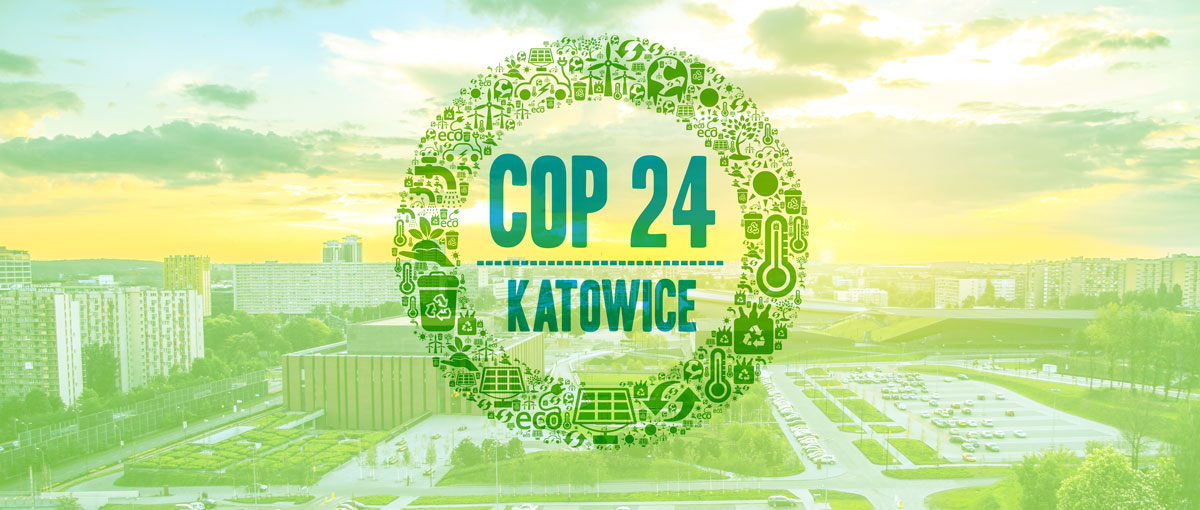
There are only twelve years left for mankind to avert a climate catastrophe. The Intergovernmental Panel on Climate Change (IPCC) sounded the alarm on climate change at the 24th Conference of the Parties to the United Nations Framework Convention on Climate Change (COP24), which took place in December in Katowice, Poland.
What judgement can be made about this critical international conference? What emerges is a mixed picture, with experts divided between those concerned about the lack of progress and those who focus instead on the importance of the results – albeit limited – that have been achieved so far.
“Climate change is a complicated negotiation process involving many countries. As such it is natural to expect slow progress”, stated Massimo Tavoni, Professor of Climate Change Economics at Politecnico di Milano School of Management. “The main objective of this year COP meeting was to take stock of where we are and come up with implementation guidelines. These objectives were achieved overall, but also showed how little progress has been achieved thus far. In particular, the meeting in Katowice underlined the political fragility of the Paris Climate agreement signed in 2015. The skeptical positions of the governements of the US, and of the just elected Brasilian one, in addition to the countervailing forces of countries in the Gulf, has casted doubts on the capacity of the Paris agreement to make real additional progress on emissions’ reductions. This while the science has been accumulating new worrying signs of the potentially devastating impacts of climate change on human and ecosystems” pointed out Tavoni, recipient of a European Research Council (ERC) grant evaluating how behavioural sciences can be used to promote pro-environmental behaviour.
Although technically the COP24 achieved its objective, which was to approve guidelines on the application of the Paris Agreement to combat climate change reached at the COP21 summit in 2015, a collective commitment to strive toward the Nationally Determined Contributions (NDC) was not reached. The objective of the Paris Agreement was to keep the increase in global temperatures below 2 °C compared to pre-industrial levels and to pursue efforts to limit the rise to 1.5 °C.
“In order to do that, the objectives of voluntary reduction must be fixed at a national level, but it is also necessary to guarantee coherent, common and transparent methods in order to be able to compare the different objectives and the actions of different countries with the same methodology” observed Giuseppe Onufrio, Director of Greenpeace Italy. “Without this, each country would measure things their own way. The aim of Katowice was therefore to have the technical foundations to carry on, a goal which has been reached despite its challenges. At the same time, though, there was a marked decline in leadership”.
Conference attendees clearly saw this “decline in leadership” from the start of the conference, with a heated discussion on how to acknowledge the IPCC special report issued just two months before the Katowice conference evaluating the different impact on the climate that would be seen with a 1.5 °C increase in temperature and one of 2 °C.
The United States, Russia, Saudi Arabia and Kuwait, all of which are oil producers, decided not to “welcome” the results presented by the climatologists. Therefore, at the end of the COP24, participants simply “took note” of the IPCC special report. There is a big difference between “using the little word ‘welcome’ or ‘taking note’, which means taking note without necessarily taking action” pointed out Onufrio.
Yet alongside the achievement of the technical objectives of the Katowice conference, which allow negotiations on climate commitments to continue, there were also other positive aspects of the COP24. Climate issues involving agriculture, soil and forests became a central part of policy discussions. And, for the first time, a real debate began about the future of coal. The Vatican’s Pontifical Academy of Science and the Polish Academy of Science presented a document recommending a transition away from reliance on coal in Poland by 2030.
That could also have some positive consequences in terms of employment, as Giuseppe Onufrio explained: “The sectors that will cease to exist, like those of the fossil fuels industry, have a high capital intensity and a low labour intensity, with the exception of mines, which will lose jobs anyway, in part due to automation which is affecting this industry too. Instead, in renewable sources of energy, there is much higher need for workers for every unit of energy produced”.
